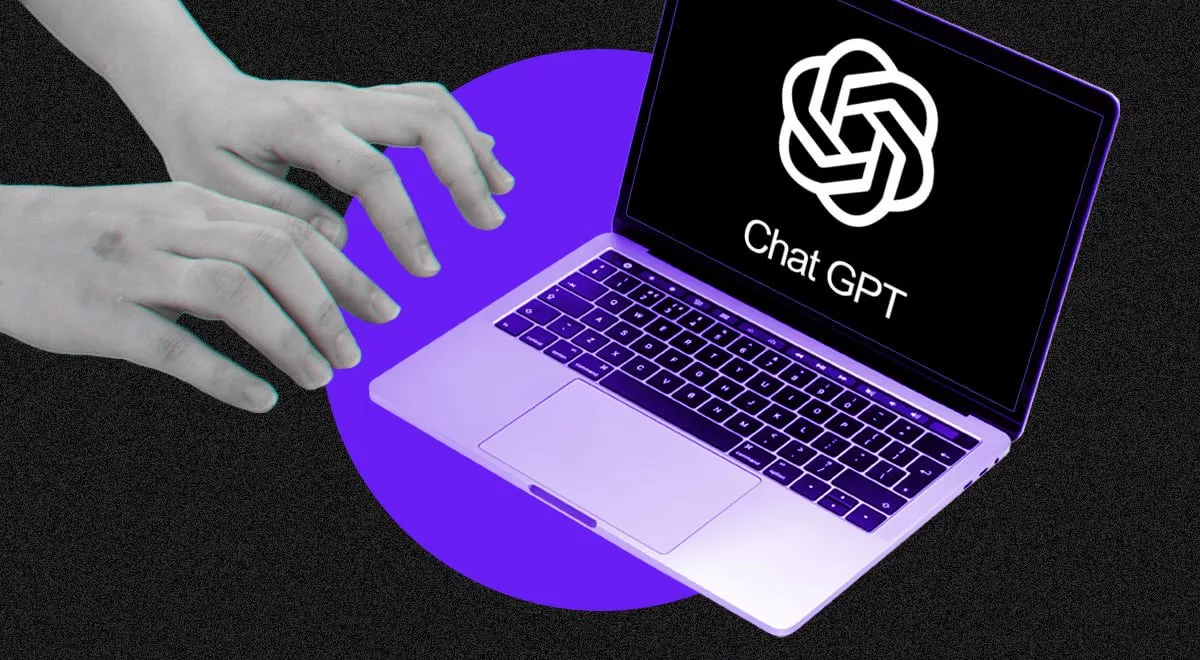In recent years, artificial intelligence chats have contributed a lot to humans, but have also had problems and problems. According to new research, users who use ChatGpt a lot and overall those who use artificial intelligence tools are more lonely than others. This feeling of loneliness is technically related to these people’s dependence on these tools and reducing their social relationships.
What does ChatGPT and artificial intelligence loneliness come from?
According to the Guardian, according to joint studies by Openai and the MIT University Media Laboratory, users who have the most use of ChatGPT have some problems in their social relationships. They develop mood changes with emotional involvement and a great deal of time. Although these studies are not very advanced and are preliminary, high -profile ChatGPT users are likely to spend most of their time in these chats and do not have much time to develop their personal communication.
This is more severe for users who use the ChatGPT audio chat feature. When users use the opposite audio model, this emotional dependency becomes greater; It is as if the user is trying to compensate for his emotional vacuum with ChatGPT and simulate the real environment.
To learn more about this experiment, you first need to know that the data of 1 million interaction with ChatGPT were examined, and 1,800 users were entered into the study and their statistical population entered the analysis process. In relevant research, one thousand people interacted with ChatGPT 2 minutes a day, and finally completed a survey of loneliness. Interestingly, the tendency alone in women who used ChatGpt was more than men.
Experts and psychologists have also worried about the new wave of depression and the feeling of loneliness of users in the age of artificial intelligence. It is unclear to the extent that this situation continues with the advent of humanist robots and the progress of artificial intelligence chats. If we do not plan for the proper use of them, we may be one of the next victims of this wave of emotional change.
The results of the recent findings that have not yet been aligned are visible on the Openai and MIT website.
RCO NEWS


















